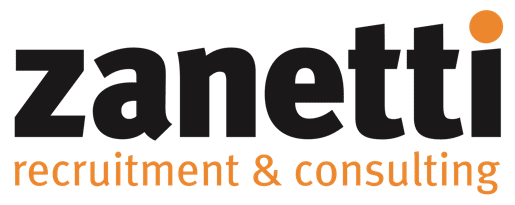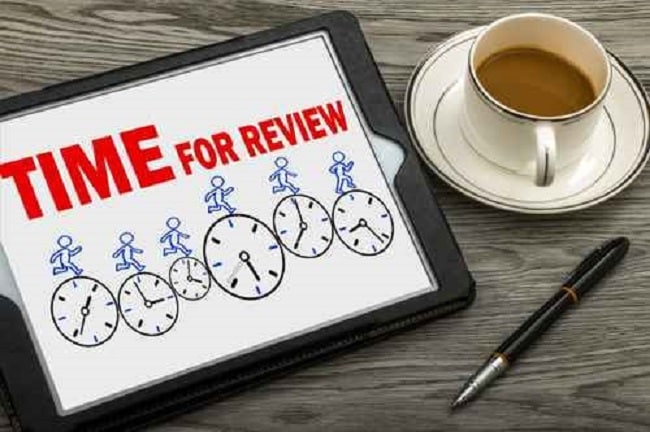It’s that time of year again – whether it be a half yearly or annual performance review, ‘the’ discussion is nearing. Some managers see this as nothing more than a time consuming exercise mandated by HR, and some employees feel they are a waste of time.
But when you make finding the right talent & developing that talent a priority, achieving revenue targets & business goals should fall into place. So putting your best effort into performance review discussions, will result in benefits greater than the time spent on the process – including retention of key talent.
Key areas to cover include: past & current performance; the year ahead – goals & objectives; and a personal development plan. Open discussions around – what went well; what didn’t; what could have been done differently? What support is required to achieve the goals & objectives set for the year ahead? What areas to focus on for career development?
Nothing discussed should be a surprise in the annual review, it should be merely one more discussion in the on-going dialog of how an employee is performing. It is also the responsibility of both the employee & the employer to be engaged in the discussion & to be prepared for the conversation.
Reviews should be a time to recognise employee performance, so give praise & credit where it is due. In current economic times, many perks have been eliminated or greatly reduced to cut costs, so performance reviews have become an even more important aspect in making sure high-performing employees are recognised. Miss this opportunity to praise exceptional employees – and you may lose them to the competition.
At the same time, reviews are also an important time to reinforce plans for getting an employee back on track. Again there should be no surprises with this conversation, as issues should be dealt with as they occur & not kept for weeks or months until performance review time. So it is a good time to reinforce expected behaviours & set clarity.
The end goal is to make sure there is a complete understanding about the performance, achievements & development areas, next year’s goals & objectives, & a development plan. Commitments from both parties, follow through & follow up, will make all the difference to contributing to a productive & rewarding year ahead.
From an employee perspective, be prepared for your review discussion to ensure you get the most value from the conversation. Be able to clearly articulate your value, achievements & development areas.
Reflect on your performance – were clear goals, targets & expectations set at the outset? Did you achieve the goals set? How did you go about achieving the goals? If targets were not met – what did you do to try to achieve the targets. Highlight any key achievements – areas you added value and development areas. Around Personal Development – outline areas of development that you would like assistance with, education, career path, etc.
Susan Heathfield outlines ’10 tips of effective performance reviews’ in her article that you may find useful in preparing your next performance review discussion.
Share your tips as an employee or employer that you have found achieved effective outcomes.






